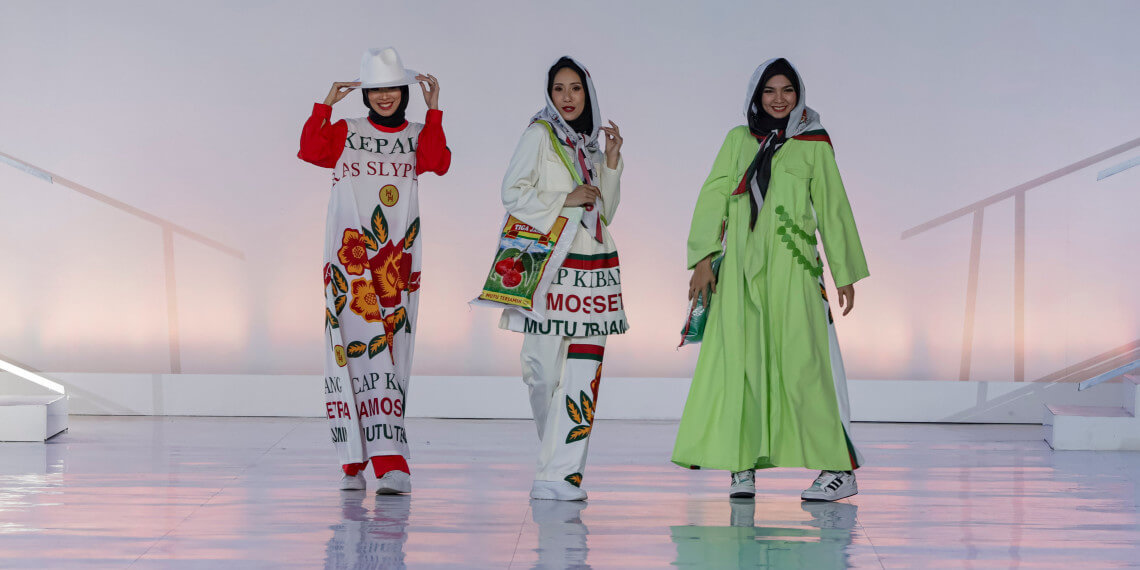Indonesia modest wear segment boosted during Ramadan
The holy month proved particularly profitable for retailers as the government allows people to return to home towns this year.
Jakarta: Indonesian modest wear sellers experienced a 30% hike in demand for the festive Eid al-Fitr with sellers in traditional markets, malls and modern retail facilities benefitting from the relaxed government travel restrictions.
For the first time since the COVID-19 pandemic erupted in 2020, the Indonesian government will allow people mudik, the Indonesian term for the activity whereby migrants or migrant workers return to their hometown or village during or before major holidays, especially Eid al-Fitr.
Anggiasari Mawardi, owner of Anggia Handmade, said through the Bandung-based boutique and her online channel, her modest wear products sold was 30% higher compared to Ramadan last year.
“Our daily volume transactions have doubled from last year. People are buying robes and scarves not only for themselves, but also for their relatives, considering they will perform mudik this year,” she said.
Millions of Indonesian Muslims, particularly in heavily populated Java, have been allowed to head home to reunite with families and relatives to celebrate the national holiday for the first time since the start of the pandemic. This comes as the government believes the pandemic has been brought under control.
Fajar Sulaiman, a seller in traditional market Tanah Abang, added his revenue had increased 35% during Ramadan this year. He sells prayers clothes from Muslim caps to sarongs, koko T-shirts and prayer mats. His items sell between $1.40 and $55.20 and he sells an average 100 pieces a day. He earns an average $413.60 daily and it traditionally increases in the last week of Ramadan, the peak season.
“Ramadan this year is different. More people are visiting the market and buying clothes – maybe because the government has lifted the ban on mudik, easing social restrictions and allowing people to perform prayer in mosques,” he said.
Tuty Adib, owner of Bilqis, told Salaam Gateway her revenue during Ramadan this year was “far better” compared to the previous year, translating to about a 30% growth. Adib runs boutiques in Jakarta and Solo with consumers typically visiting the stores seeking a specific collection and size.
“They just want to make sure and try it in the fitting room. This year, aside from online channels, more consumers come to our boutiques … we make sure our boutique, clothes and fitting rooms are always hygienic,” she said.
© SalaamGateway.com 2022. All Rights Reserved
